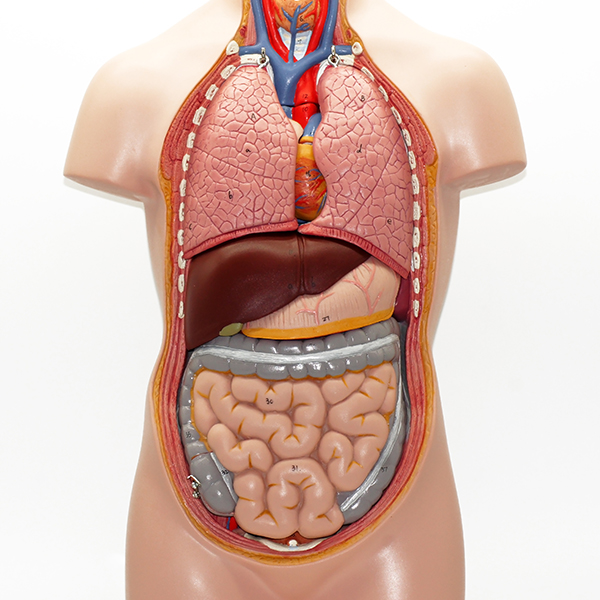
The benefits and methods of deep breathing.
It’s a basic necessity yet often neglected. It’s true potential which very few feel.
The simplicity of it leads to it being abandoned.
As now a days it’s complexity what people have been indoctrinated to be believe works.
Centre of holistic Excellence
In the West there are a handful of Practitioners that understand the value of deep breathing whilst the majority are of the belief system that it’s a waste of time.
Deep breathing, also known as diaphragmatic breathing, offers a wide range of benefits for both your physical and mental well-being. Here are some of the key advantages:
Reduced stress and anxiety: When you’re stressed, your body goes into “fight-or-flight” mode, causing shallow, rapid breathing. Deep breathing activates the parasympathetic nervous system, which promotes relaxation and counteracts this stress response. This can lead to lower blood pressure, heart rate, and cortisol (stress hormone) levels, leaving you feeling calmer and more in control.
Improved sleep: Deep breathing exercises can help you fall asleep faster and sleep more soundly by quieting your mind and promoting relaxation. By calming your nervous system, deep breathing signals to your body that it’s time to wind down and prepare for sleep.
Pain management: Deep breathing releases endorphins, the body’s natural pain relievers. This can be helpful in managing chronic pain conditions or pain caused by injuries. Additionally, focusing on your breath can distract you from pain sensations and make them more manageable.
Enhanced focus and concentration: Deep breathing can improve your ability to focus and concentrate by increasing oxygen flow to the brain. This can be beneficial for students, professionals, or anyone who needs to be mentally sharp throughout the day.
Boosted immune system: Deep breathing helps to oxygenate your blood, which can improve the efficiency of your immune system. This can help you fight off illness and stay healthy.
Improved digestion: Deep breathing can stimulate the digestive system, which can help to relieve constipation and bloating. It can also promote relaxation, which can be beneficial for those who suffer from stress-related digestive issues.
Increased energy levels: Deep breathing can help to improve your energy levels by increasing oxygen intake and circulation. This can leave you feeling more energized and less sluggish.
Overall well-being: Deep breathing is a simple yet powerful tool that can improve your overall well-being. By incorporating it into your daily routine, you can experience a range of benefits for both your body and mind.
If you’re interested in trying deep breathing, there are many different techniques you can use.
1. Diaphragmatic Breathing (Belly Breathing):
2. Alternate Nostril Breathing:
is to inhale slowly through your nose for a count of 10, hold your breath for a count of four, and then exhale slowly through your mouth for a count of eight. Repeat this cycle for several minutes.
Additional tips:
Remember, deep breathing is a skill that takes practice. Be patient and consistent with your practice, and you’ll soon start to experience the many benefits it has to offer.
*The most beneficial time to do deep breathing is between 3am and 5am when the lung is at its peak.
We hope that this article inspires you to be more mindful of your breathing for the greatest shift and benefits
Quick links
Help & Info
Working Hours
08h00 to 16h00 Monday to Friday
08h00 to 11h00 Saturday
Contact Us